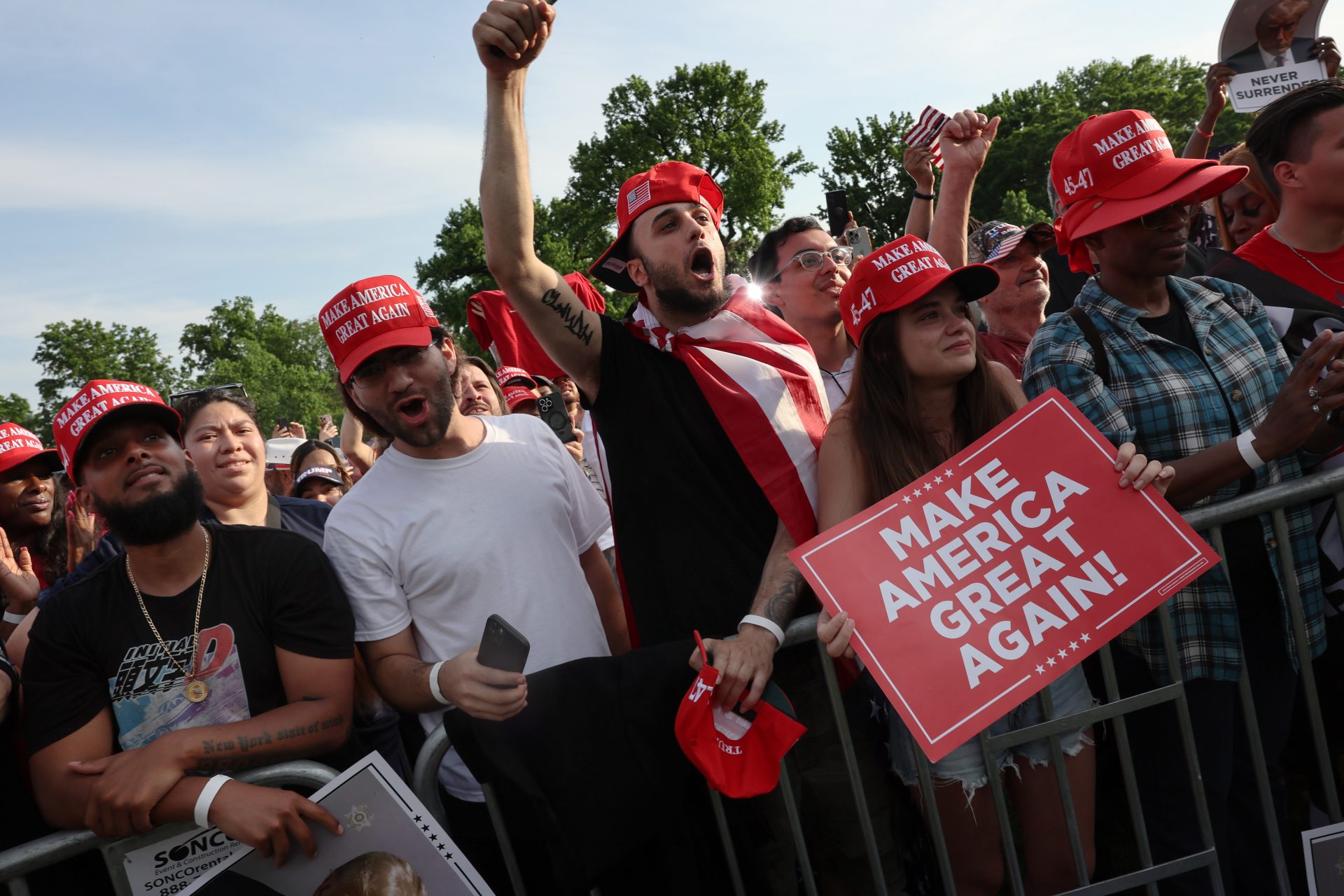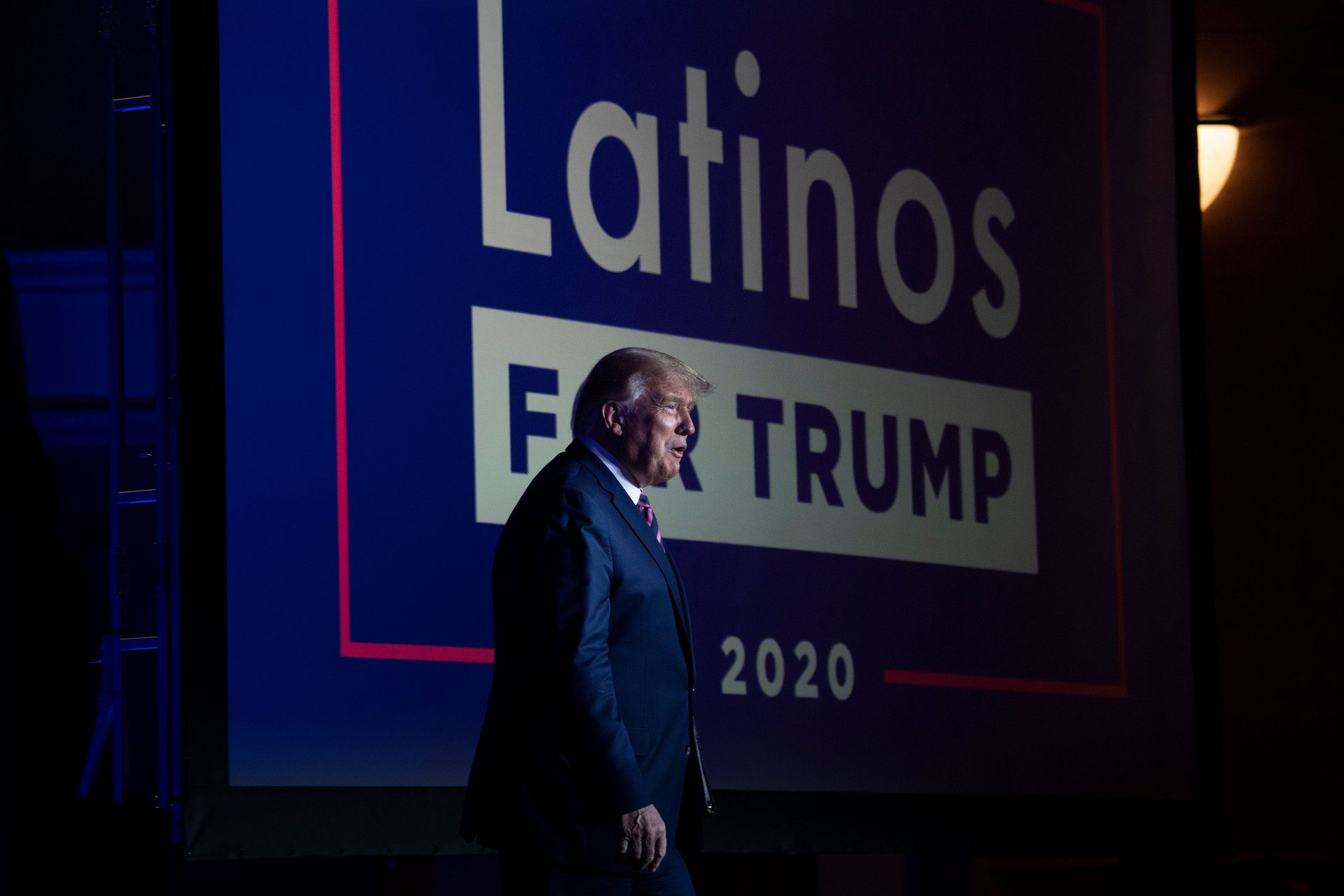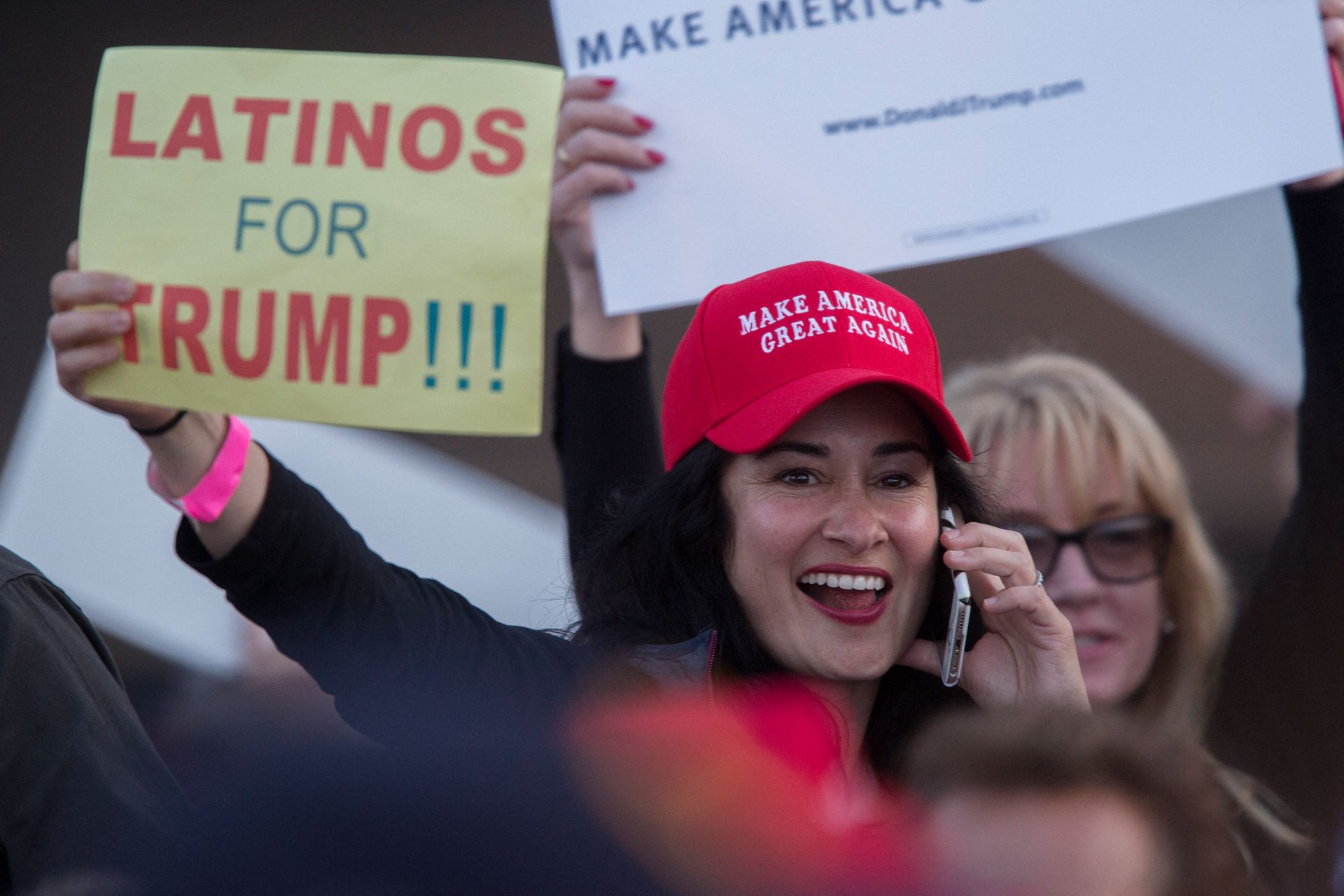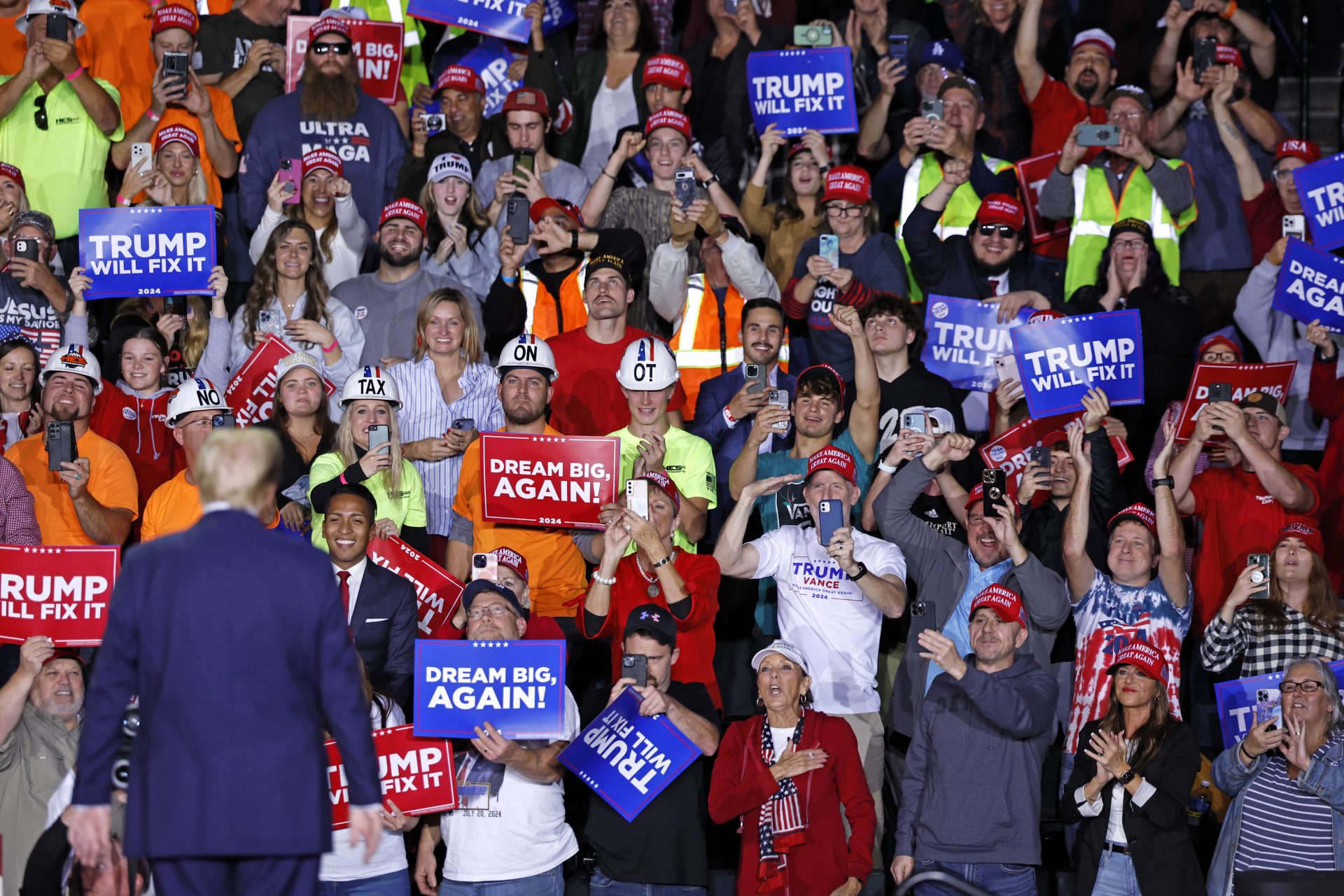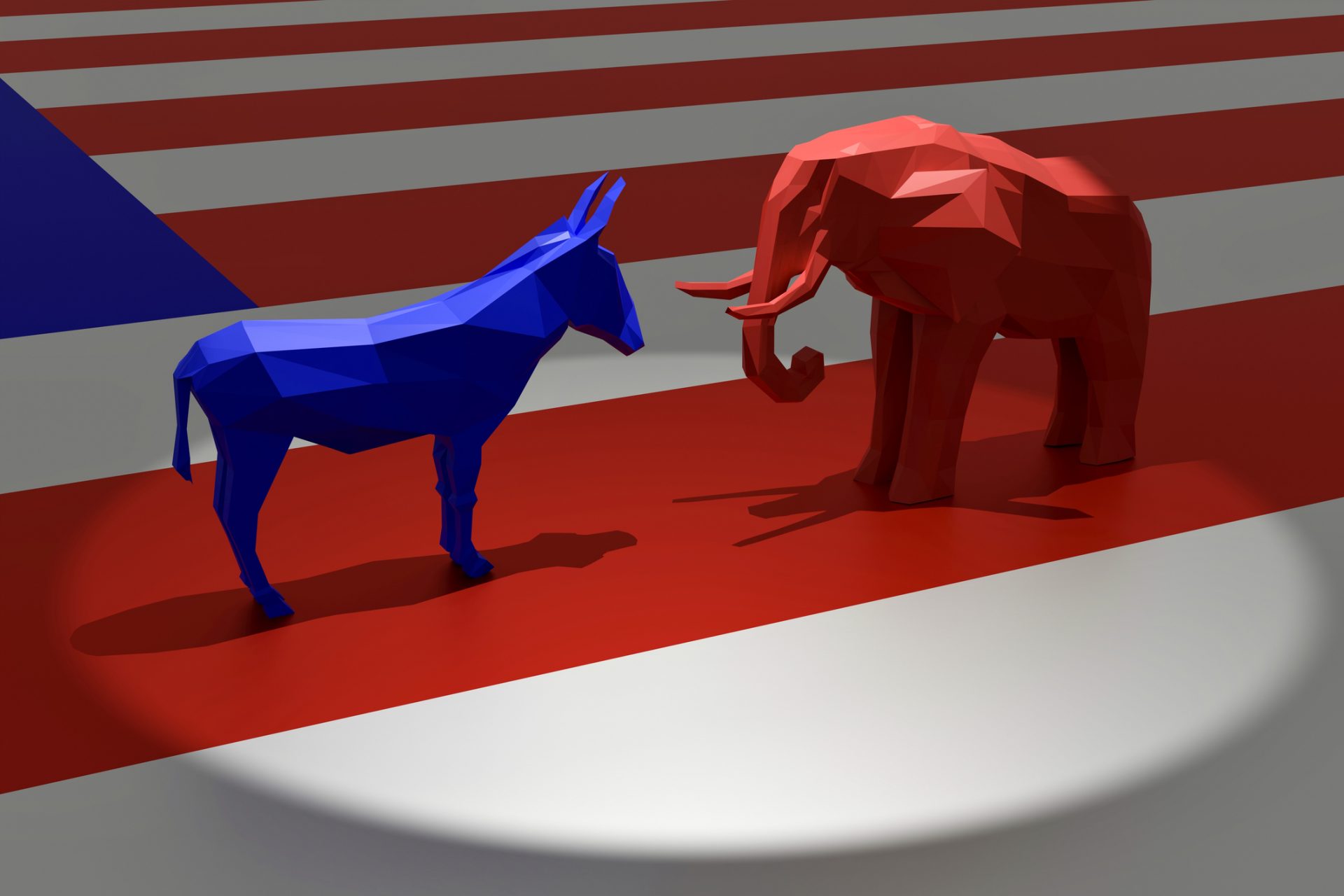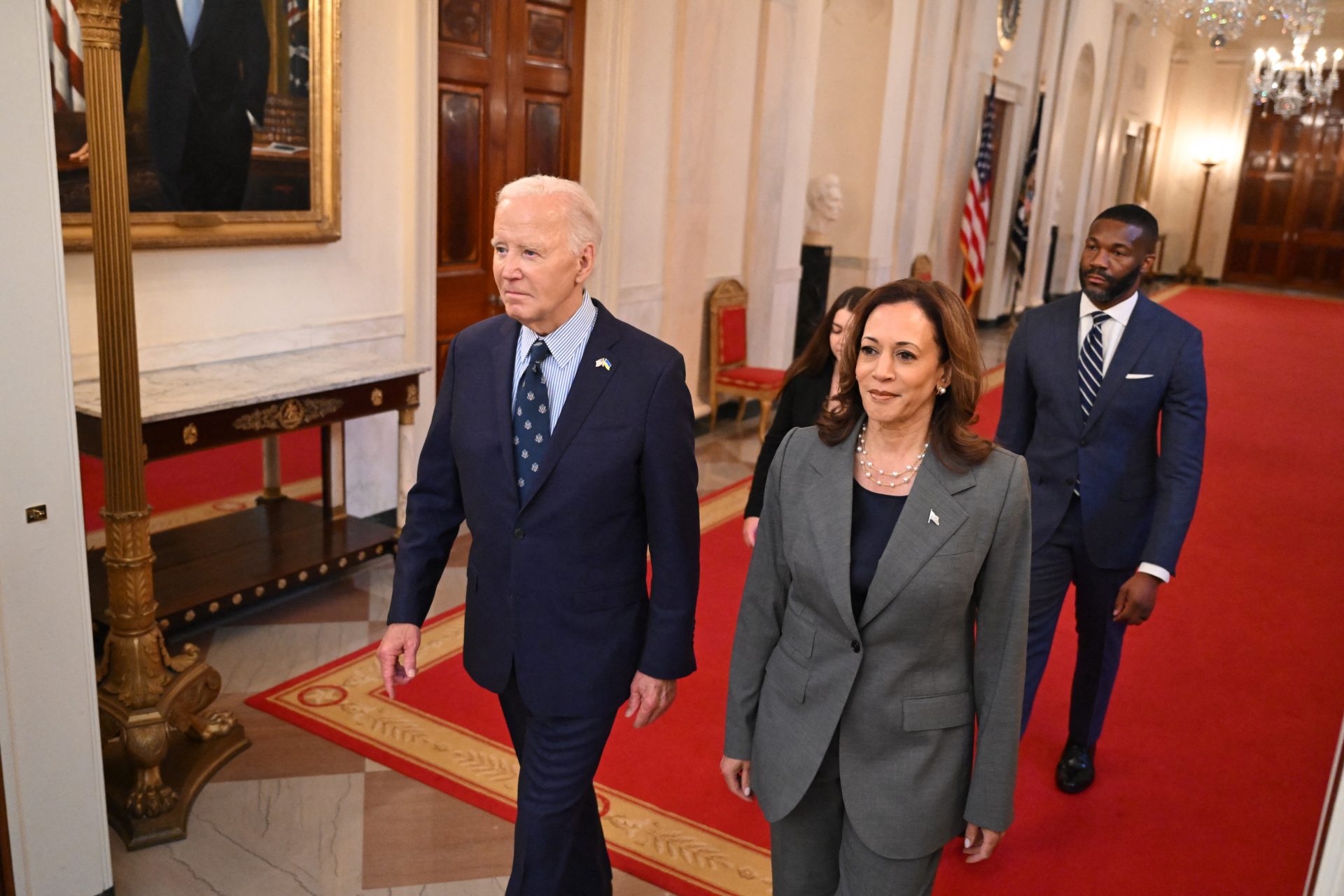Why Latino voters were the key to Trump’s presidential reelection
With the US presidential election now over, the dust has settled, and people have started to wonder exactly what went wrong for the Democratic Party.
One mistake made by Kamala Harris and the Democratic Party has been being overconfident with minorities, particularly immigrants, assuming the majority of them would never vote for the Republican Party and their anti-immigrant rhetoric.
Reuters writes that Latino men were important to fuel Trump’s return to the White House, with the majority of them voting Republican for the first time in recorded history.
According to the Edison Research exit poll cited by Reuters, Trump’s support among people identified as Latino went up an astonishing 14% in comparison to the 2020 presidential election.
Overall, Latino voters went from 32% when Trump ran against Joe Biden to 46% when the New York mogul faced Biden’s VP, Kamala Harris.
Hispanic men would have piled up with young Americans and US people without college degrees in supporting Trump far more than expected, giving him a comfortable victory that, among other things, includes the popular vote.
Reuters highlights that Trump’s support with voters between the ages of 18 and 29 went up 7%. This follows the overall trend of younger generations growing increasingly conservative, particularly men.
However, the question remains why did Hispanic voters abandon the Democratic Party, who they have been voting for for years, and decide to flock to Donald Trump, who began his presidential aspirations complaining about “bad hombres”.
One reason could be finances. The BBC writes that the feeling that the economy was doing better a few years back, during the first Trump Administration, was an important factor for having Latino voters leaning into the Republicans.
Under the Biden Administration, the US economy slowly recovered after the 2020 COVID-19 pandemic, but for many blue-collar workers, both white and Latino, it wasn’t as quick nor as good as it was before, with Donald Trump.
Although Kamala Harris tried to distance herself from the Biden Administration, many voters saw her as a continuation of Joe Biden’s policies.
Another important element is values. Reuters argue that religion, family values, and opposing abortion play a significant role for many Latin voters in the United States, making aligning with the Republican Party a logical choice.
Newsweek cites political strategist James Carville, who managed Bill Clinton’s first presidential campaign. He claims that appealing to wokeness cost the Democratic Party the election, focusing on appealing to a small but vocal demographic group while taking for granted a silent majority.
Finally, there’s the problem of viewing Latino voters as a united bloc, rather than taking into consideration the particular needs of ethnic groups coming from over 20 different countries.
The Conversation argues that the idea of ‘comrade Kamala’ pushed by Republicans tends to do well with many Latino immigrants from left-leaning authoritarian countries such as Venezuela, Cuba, and Nicaragua.
The big question is where the Democratic Party will go from here, to regain the trust and the sympathy of the average Latino voter.
More for you
Top Stories



